Introducing the Life Cycle Network’s Steering Committee!
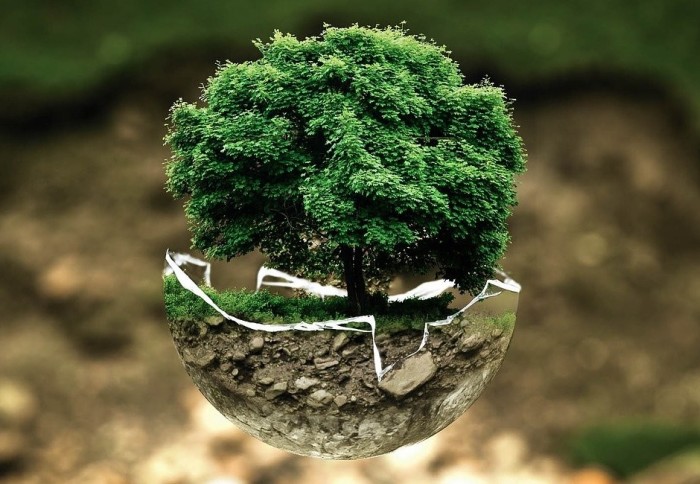
Imperial’s Network of Excellence in Sustainability through Life Cycle Approaches, kicked off its first virtual meeting on the 20 April 2020.
The Network connects life cycle-related research and researchers across Imperial College London. It also connects its members to the wider life cycle community, linking to external practitioners and groups active in using and applying the life cycle concept and related methodologies for sustainable development.
The Steering Committee is a key component of the Network’s governance structure, assisting the Network’s co-leaders, Dr Mireille Rack and Dr Onesmus Mwabonje, in its day-to-day management and running.
Meet the Network’s Steering Committee members
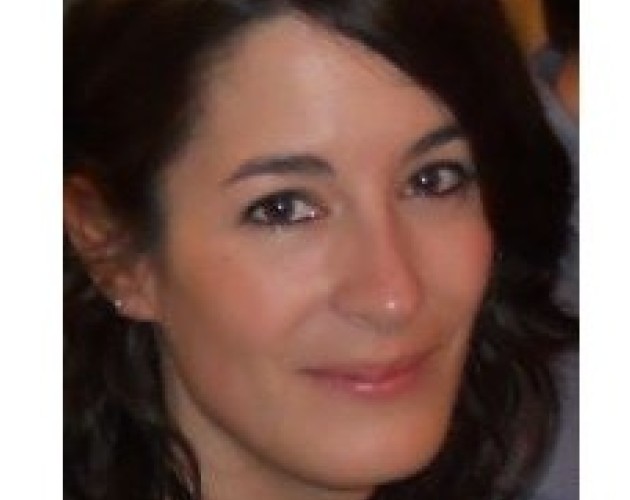 Dr Eva Sevigné-Itoiz
Dr Eva Sevigné-Itoiz
(Steering Committee Chair) Centre for Environmental Policy
Eva Sevigné-Itoiz is a Research Associate at Imperial’s Centre for Environmental Policy with experience in the circular bioeconomy and the waste management sector. Before joining Imperial in 2015 she worked at the Catalan Research Centre (Eurecat) in Barcelona as an environmental researcher and completed her PhD in Industrial Ecology at the Universitat Autònoma de Barcelona (UAB).
She has more than 12 years of experience in research and consultancy in LCA and carbon footprint projects and has contacts in private and public organisations across Europe. She's interested in the application of life cycle thinking approaches and stakeholder engagement to quantify the resource availability and efficiency in the bioeconomy value chains.
“Life cycle approaches are essential to support with the metrics and evidences for the development of the Circular Economy and the Sustainability agendas. Through the Life Cycle Network, Imperial shows its contribution with quality and innovative life cycle research”.
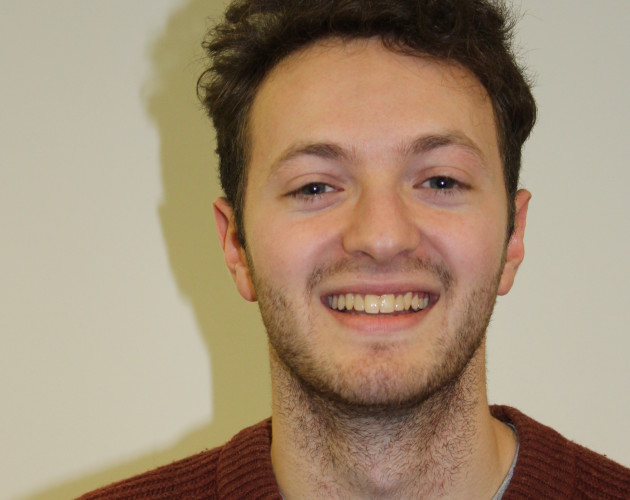 Mr Daniel Greenblatt
Mr Daniel Greenblatt
Department of Mechanical Engineering
Daniel Greenblatt is a Research Postgraduate in the Thermofluids Division, part of the Department of Mechanical Engineering at Imperial. He joined the group in October 2018, after completing his undergraduate studies in the same department, and is working towards his PhD under the supervision of Professor Peter Lindstedt. His work focuses on alternative bio-derived fuels and their behaviour in novel combustion modes with the aim of reducing fuel consumption and pollutant emissions.
For his final year undergraduate project, Daniel completed an Energy Life Cycle Analysis of the production of electrofuels in the UK. Since beginning the PhD, Daniel has continued his involvement in Life Cycle approaches through co-supervision of over 20 Master’s level projects within the Department of Mechanical Engineering. The majority of these projects have focused on the implementation and assessment of renewable energy systems across the world.
“Life Cycle Assessments allow scientific rigour to be applied to large, multi-faceted systems in order to optimise the decision-making process. The Life Cycle Network allows knowledge and expertise sharing across the Imperial College and wider life cycle community.”
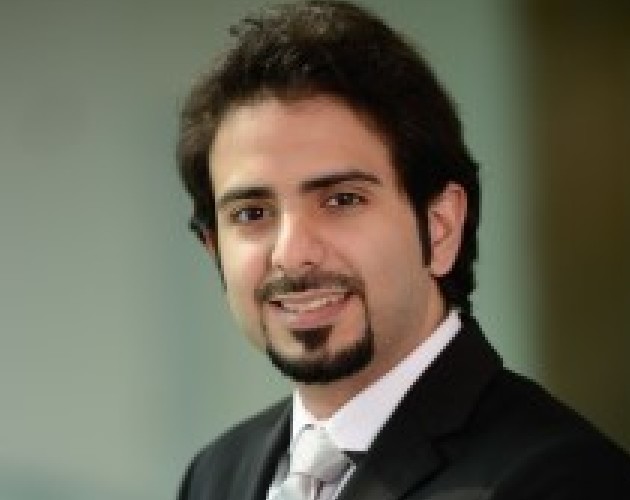 Mr Ibrahim Algunaibet
Mr Ibrahim Algunaibet
Department of Chemical Engineering
Ibrahim Algunaibet is a PhD student in the Centre for Process Systems Engineering (CPSE) in the Department of Chemical Engineering at Imperial.
Supervised by Dr Gonzalo Guillén Gosálbez and Professor Nilay Shah, Ibrahim’s PhD research investigates the interplay of energy systems modelling and LCA via the development of advanced mathematical tools able to aid decision-making. Prior to joining Imperial, Ibrahim was working at the Saudi Aramco Research and Development Centre where he studied novel transport technologies able to mitigate carbon emissions.
“Life Cycle Assessment can prioritise technologies necessary for our economic development without hampering the sustainability of our planet.”
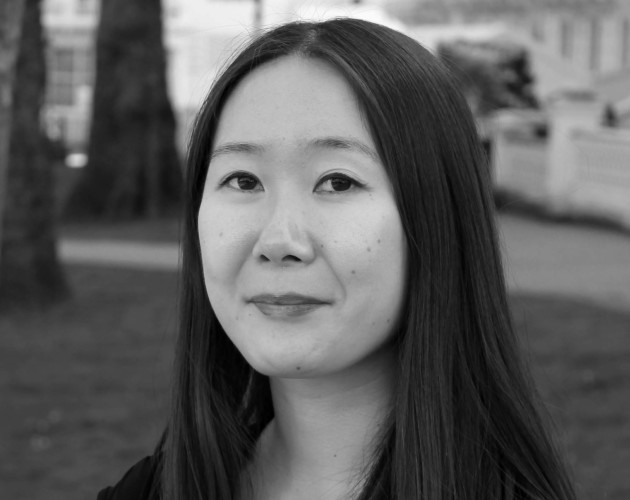 Dr Jasmin Cooper
Dr Jasmin Cooper
Sustainable Gas Institute
Jasmin Cooper is a Research Associate in the Sustainable Gas Institute (SGI) at Imperial's Department of Chemical Engineering.
She joined the SGI in 2018 after completing her PhD at the University of Manchester. Under the supervision of Professor Adisa Azapagic and Dr Laurence Stamford, her project used multiple life cycle sustainability analysis tools (LCA, Life Cycle Costing, social indicators, multi-criteria analysis) to assess the implications of shale gas development in the UK. She currently leads the Methane and Environment Programme (MEP) in the SGI, which focuses on the environmental and techno-economic importance of reducing methane emissions in energy supply chains.
“Life cycle thinking is a powerful approach we can use to address the challenges we face - it brings an aspect of mindfulness to the way we approach problem solving.”
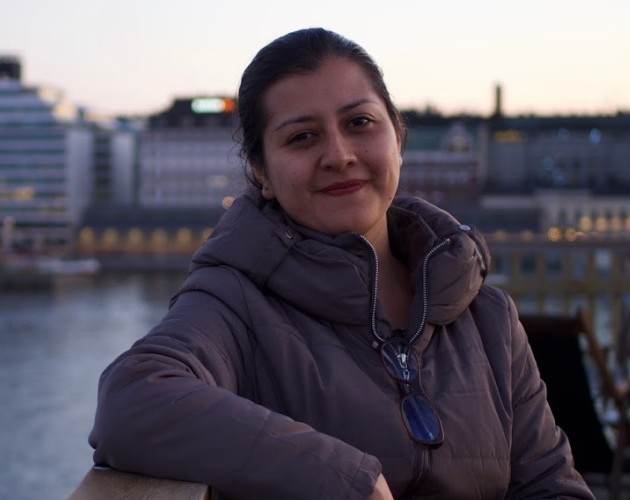 Ms Juliana Segura-Salazar
Ms Juliana Segura-Salazar
Department of Earth Science & Engineering
Juliana Segura-Salazar is a Research Assistant in the Advanced Mineral Processing Research Group (AMPRG) in the Department of Earth Science and Engineering, where she has been working on the IMPaCT project with Dr Pablo Brito-Parada since 2019.
Juliana obtained her bachelor's degree in Chemical Engineering in 2008 from the Universidad del Valle (Colombia) and holds a Master of Science degree in Metallurgical Engineering from Universidade Federal do Rio de Janeiro (COPPE/UFRJ), where she also started her doctoral studies in 2014. Her PhD work focuses on aspects of sustainability in the minerals industry explored through the integration of process simulation and Life Cycle Assessment. Juliana also has wide experience in research projects developed with Brazilian mining industry partners, as part of her previous work at Laboratório de Tecnologia Mineral (LTM/UFRJ).
Her future research interests are oriented towards combining methodologies to quantify the sustainability of primary and secondary raw material sourcing on the basis of process/systems modelling and simulation and life cycle thinking.
“It is essential to adopt holistic thinking to address the current and future challenges of sustainability, and certainly, the Life Cycle Thinking paradigm allows us to move towards the right direction.”
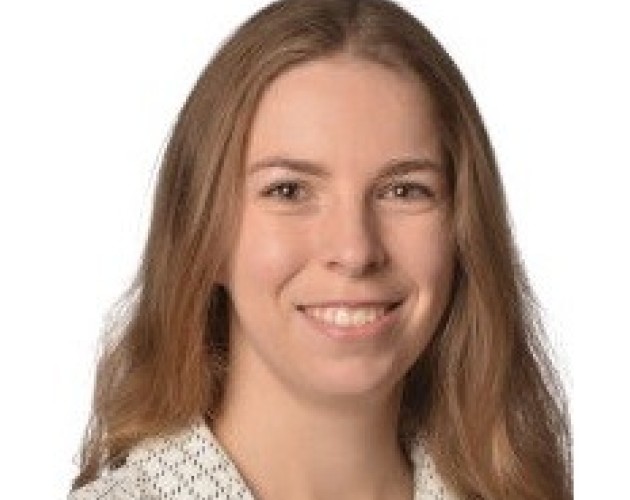 Dr Maria Vinograd
Dr Maria Vinograd
Centre for Environmental Policy
Dr Maria Vinograd is a Teaching Fellow at the Centre for Environmental Policy. She joined Imperial College after completing her PhD in Risk and Society at King’s College London.
At CEP she teaches on seven modules on the MSc in Environmental Technology, specialising in resource management, modelling methods and life cycle thinking. Maria has worked on resource management and circular economy problems for a range of organisations, including Defra, the European Commission, local governments and the private sector. Maria is the author of the 2018 and 2019 Wold Energy Trilemma Index for the Word Energy Council, measuring and comparing the efficiency and intensity of national energy systems. Maria’s research interests include policies in waste management and sustainable materials and the complex systems which dictate resource use and environmental impact.
“Teaching life cycle thinking and methods for comprehensive resource accounting ensures that our graduates can approach sustainability problems more critically and have a range of methods at their disposal to drive for evidence-based decision-making in their future careers.”
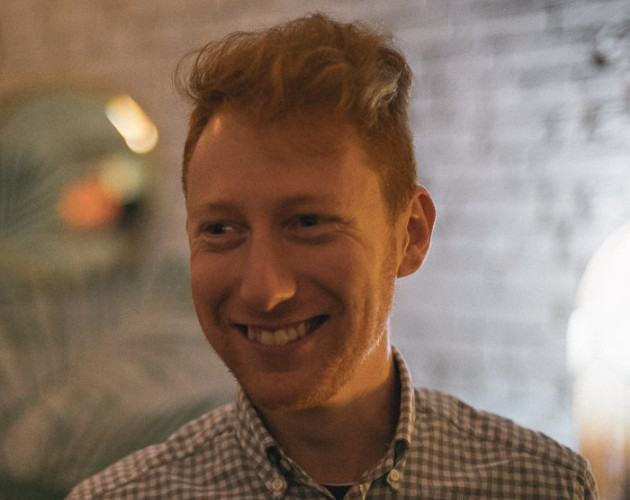 Dr Rupert J. Myers
Dr Rupert J. Myers
Department of Civil and Environmental Engineering
Dr Rupert J. Myers is a Lecturer in Sustainable Materials Engineering at Imperial, a position he has held since September 2019. He has worked in various engineering and science disciplines, and locations, from Melbourne to Sheffield, EMPA, UC Berkeley, Yale, MIT, Edinburgh, and ICL, but always with a mission to reduce environmental burdens through sustainable engineering.
Rupert has a grant income of >£1M, leading projects and research that focus on globally pervasive materials that are virtually unmatched in importance to society, such as cement and metals, and the services/products that they provide, e.g., buildings, infrastructure, and cities. His research expertise spans industrial ecology through to chemistry of mineral systems (e.g. concrete), and includes topics like criticality, Material Flow Analysis, LCA, material classification & policy, waste/by-product valorisation, aquatic chemistry, solid/liquid equilibrium, and cement science (various experimental [laboratory & synchrotron] and modelling techniques).
“The Imperial Life Cycle Network is a cross-College community that supports student, staff, and external party engagement with systems thinking and use of life cycle methods. Importantly, the Network manages College licenses for life cycle software and databases, and includes experts in various sustainability science methods. This efficient pooling of resources provides a visible hub for people across the College to access these licenses and expertise, boosting our capacity in systems science.”
Article text (excluding photos or graphics) © Imperial College London.
Photos and graphics subject to third party copyright used with permission or © Imperial College London.
Reporter
Onesmus Mwabonje
Centre for Environmental Policy
Dr Mireille Rack
Centre for Environmental Policy
Eva Sevigne Itoiz
Centre for Environmental Policy